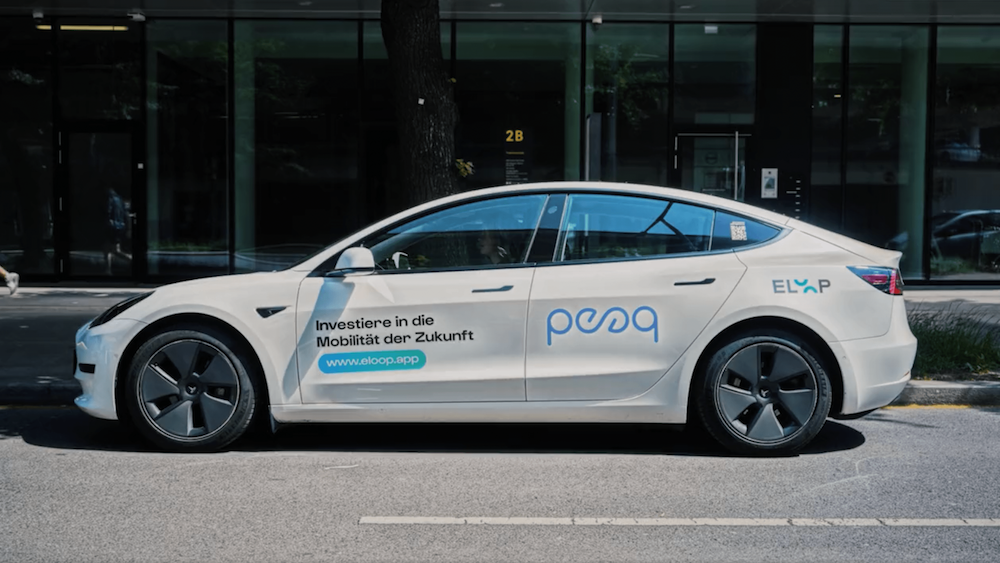Can ridesharing bring Web3 to the masses? Eloopa Vienna-based car-sharing company, in partnership with the Web3 ecosystem Peaq network, it seems to think. The pair recently took a step toward reinforcing the intersection of blockchain and transportation by symbolizing a fleet of Teslas. Eloop has integrated blockchain-based self-sovereign IDs into just under half of its fleet of more than 200 cars. Thanks to the integration, users own a fraction of the fleet and share the profits of day-to-day ridesharing activities.
Decentralized car ownership
Eloop’s tokenization process is simple. When a user has a token, they own a fraction of the entire fleet, with the specific amount varying depending on how much investment they put into the token. The income generated when the cars are rented out is immediately returned to the community. Eloop handles the paperwork for the vehicles, allowing token holders to enjoy the benefits of ownership without the associated burdens.
This model, which Eloop’s co-founder Nico Prugger called “car sharing 2.0” when he met Mint telegraph about the project, is a unique blend of community ownership and revenue sharing.
The Peaq blockchain network, built on the Polkadot platform, hosts the transaction and data storage layer for the tokenized Tesla’s decentralized physical infrastructure network (DePIN). The decision to use Polkadot was influenced by its interoperability feature and ability to drive Internet of Things (IoT) use cases.

The tokenization of transportation and the associated proliferation of vehicle ownership is an example of a model in which individuals can own, control and even monetize their data, one of the fundamental conceptual pillars of the Web3 movement. While transportation is an industry that has yet to seriously experiment with web technology in a significant capacity, manufacturing giant Siemens flirted with the idea of tokenized carsharing in 2019.

